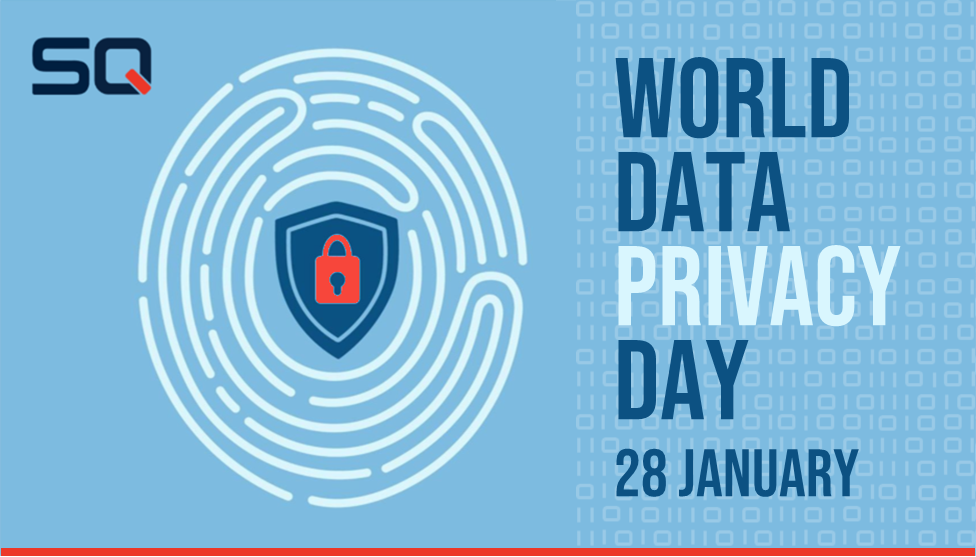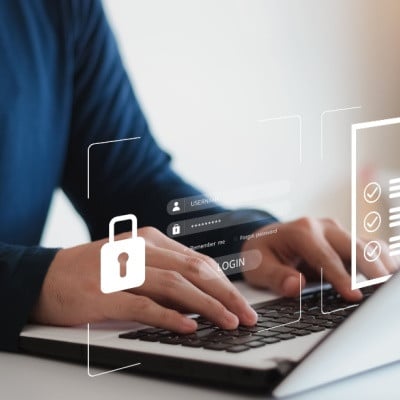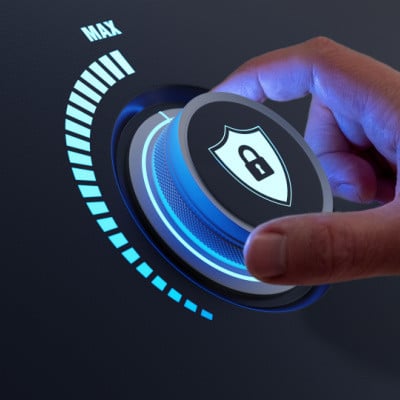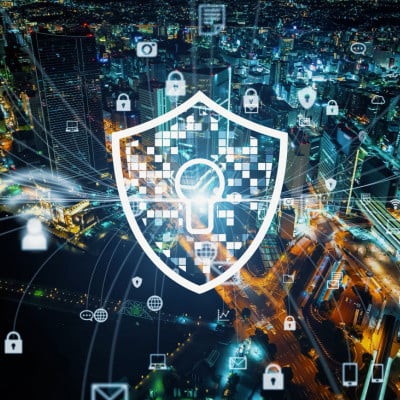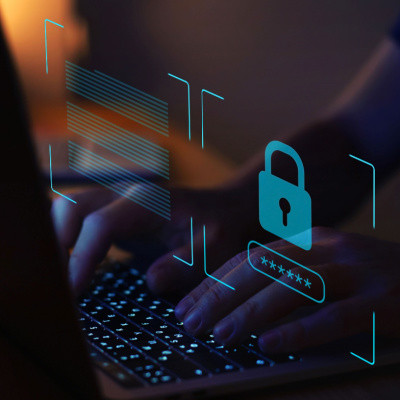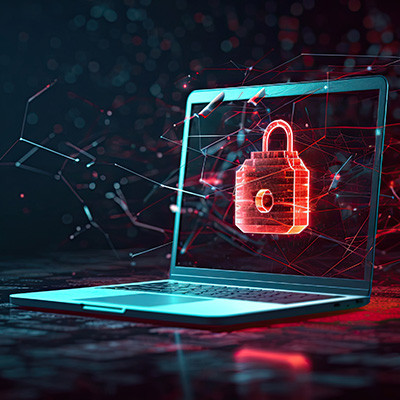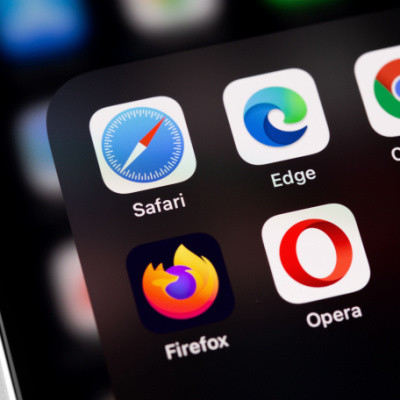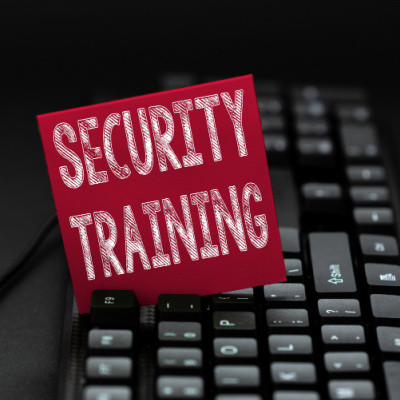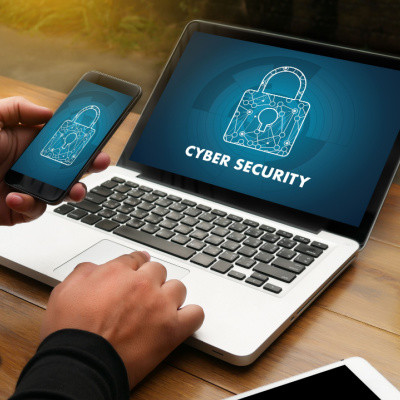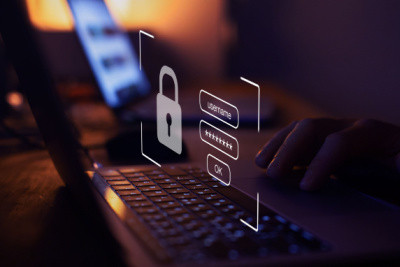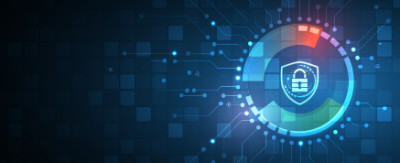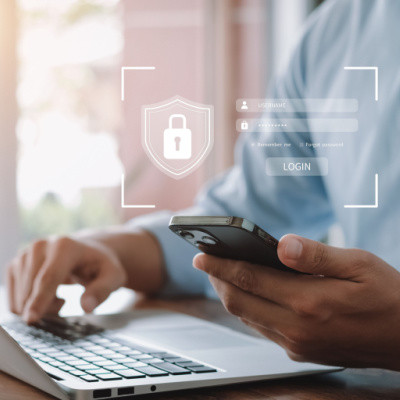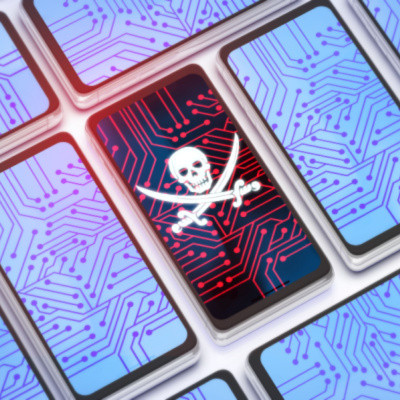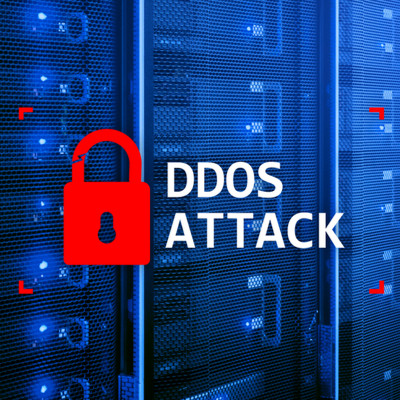Today is Data Privacy Day 2026 — a reminder that safeguarding sensitive information isn’t just a compliance exercise; it’s a meaningful way to build trust with your clients and confidence in your operations.
According to Verizon’s 2025 Data Breach Investigations Report, researchers analyzed more than 22,000 realworld security incidents worldwide, including 12,195 confirmed data breaches across 139 countries — the highest number analyzed in a single DBIR report to date. These breaches span organizations of all sizes and sectors, illustrating that data risks are a global business reality.
Even though that number may feel abstract, it shows a simple truth: every organization that collects, processes, or stores data is a target. A small review of privacy and security practices today — like checking data access controls, updating policies, or assessing compliance gaps — can make a real difference in protecting your business.
At ServiQual, we help organizations gain clarity, confidence, and peace of mind through privacy readiness assessments, compliance audits, and vCISO guidance — transforming complex obligations into practical, manageable steps. Take a moment today to assess your privacy posture and strengthen your defenses so you can continue protecting what matters most.

